-
Explained: how to register a classic car in France
It is relatively straightforward to get a carte grise véhicule de collection for your vehicle
-
How to fit in when you move to France: avoid that ‘expat bubble’
After two decades in central Brittany, Jill Fitzgerald O’Connor wants to help other movers feel part of their new community
-
How to save money on fashion and clothes in France
Growing number of second-hand shops are selling clothes by weight
How to dispose of different waste items in France
What to bin, what to return and what to recycle? Our guide on how to manage your household waste efficiently
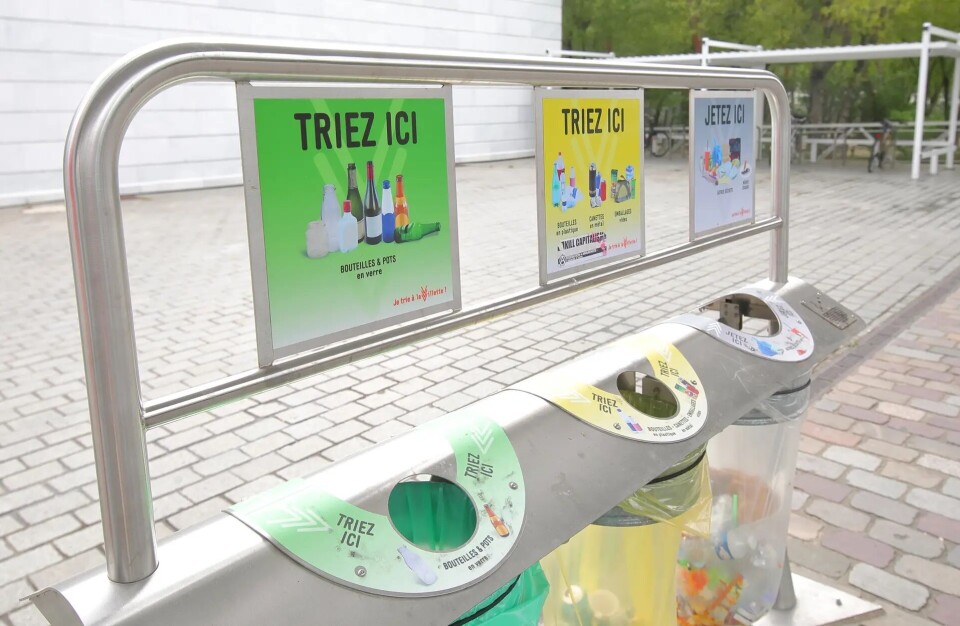
Household waste disposal is complex but governed by comprehensive guidelines in France. Recycling is being actively encouraged by the government in a drive to decrease waste. At present 89% of households recycle occasionally and only 51% do so regularly.
France recycled 45.1% of municipal waste in 2022, which is comparable to the UK rate of 44.1%, but below the EU average rate of 49.1% and far behind Germany, where 71.1% is recycled, according to Eurostat.
To improve France’s posture in this regard, and as part of the wider effort to fight pollution, President Macron set an ambitious target in May 2023 of recycling 100% of plastic packaging by 2026.
This is a seemingly impossible task, given that in 2018 France only recycled 27.8% of plastic, compared to 68% for Germany.
Read more: France’s president wants to cut plastic pollution. How can I help?
With increases to the taxe foncière, which includes the tax for waste disposal costs, and other communes charging based on waste volume, people have a vested interest in disposing of their waste correctly.
France is also cracking down on fly-tipping, with fines of €135 plus cleaning costs for perpetrators.
Read more: French towns install cameras to detect illegal rubbish dumping
What to put and where:
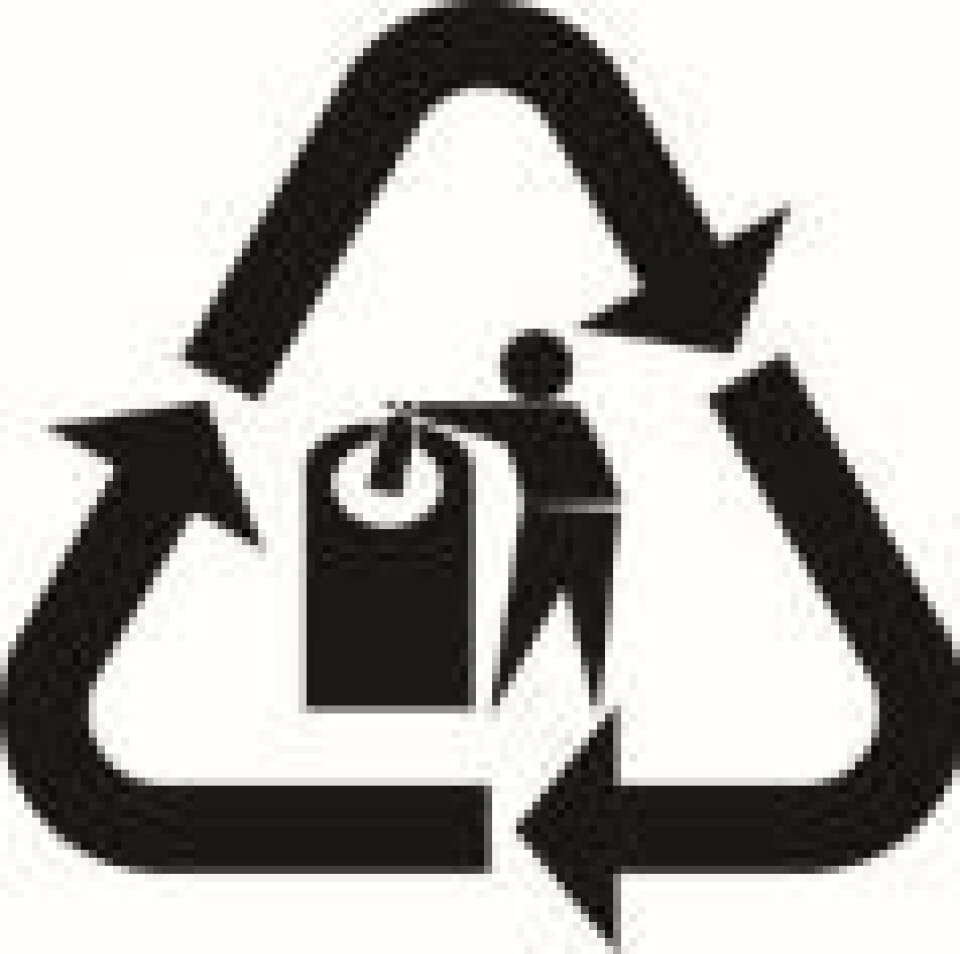
In the green glass bin:
- Glass bottles
- Jars
You do not need to clean these items before putting them in the glass bin, only empty their contents.
Larger items, like broken windows, mirrors, dishes and bowls should be taken to the glass container at the municipal dump or, for reusable items, given to a reuse centre such as the charity Emmaus.
In the yellow recycling bin:
- Paper and cardboard (packaging paper, pizza boxes, milk cartons, books and paper etc.)
- Metal (tins, cans, spray cans, aluminium, metal lids)
- Plastic bottles (Water, cooking oil, shampoo, shower gel, washing liquid, etc)
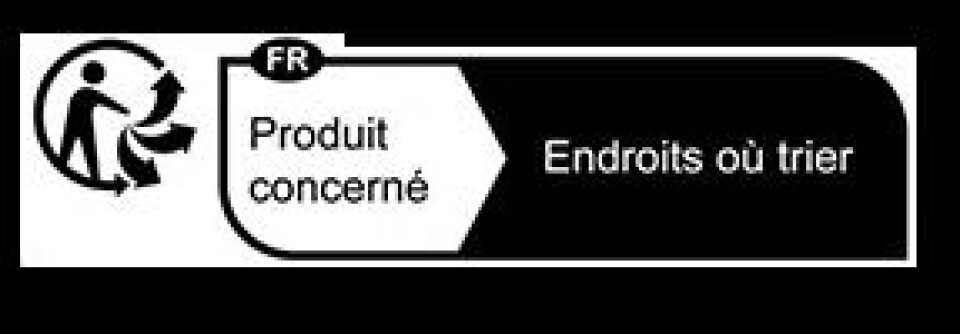
Plastic toys are usually not supposed to go in the recycling bin, although some communes do accept all plastic items.
You do not need to take the lids off plastic bottles, these can also be recycled.
Caption: This symbol appears on items that should not be put in bin
Takeback to the shop:
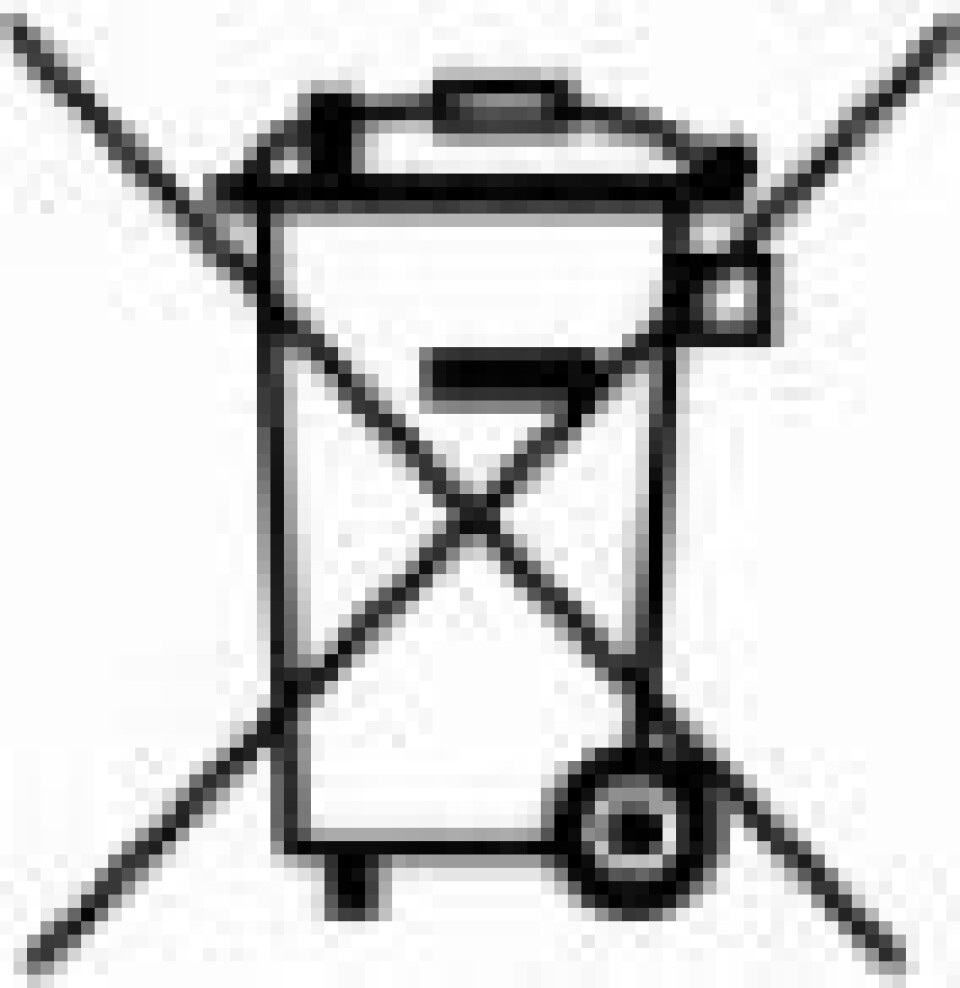
- Light bulbs - shops usually have a special bin for light bulbs, if not you can just give old bulbs back
- Electrical items - shops are obliged to accept old electrical items
- Medicine - pharmacies accept all old medicines, expired or otherwise
- Tyres - garages must accept them
- Gas bottles - return them to the place of purchase
In theclothing bin:
- Clothes - clothing should be washed before being placed in clothing bins
- Shoes - shoes should be clean before being placed in clothing bins
Into acompost:
- Vegetable waste
- Garden waste
From January 2024 communes will be under the obligation to provide a collective composting solution to residents
Read more: All homes in France must have access to food waste bin from next year
In the bin:
- Meat
- Non compostable food waste (including certain types of wrapping)
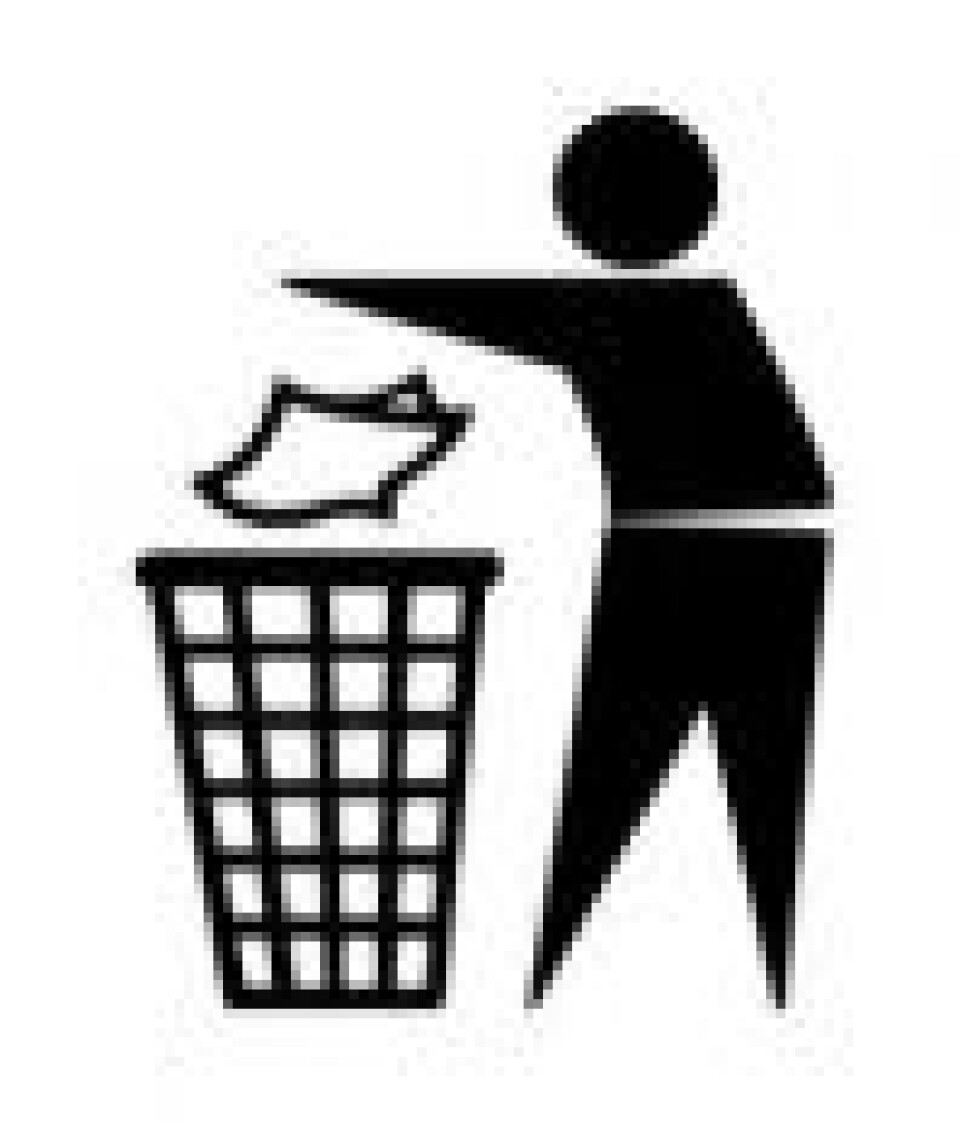
To yourlocal authority:
- Larger items (mattresses, dishwashers, fridges)
- Furniture
Communes are obliged to offer a regular collection service for large items, called encombrants. The collection dates for encombrants are fixed by each commune. In some cases, residents must first call the mairie to inform them that they have items for collection.
Contact your local marie for more information about this service.
To the municipal dump:
- Rubble
- Large packaging cardboard
- Non compostable garden waste
- Large quantities of loose materials
Each commune in France has a municipal dump assigned to it (although this is often in a neighbouring commune) where employees will indicate in which container you should put waste. Municipal dumps are free for residents for non-professional use.
Dangerous materials such as asbestos must be disposed of in special dumps. Contact your local authority for more information.
Related articles:
‘Ten recycling bins in Belgium was easy compared to French system’
Change to recycling rules in France and what can go in yellow bins
‘New bins only make recycling in France more difficult’ All homes in France must have access to food waste bin from next year
























